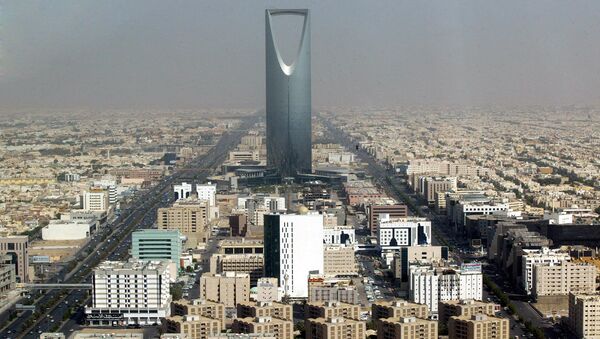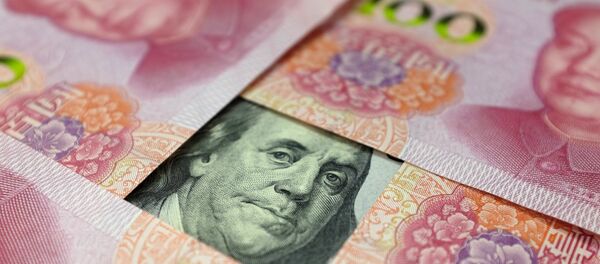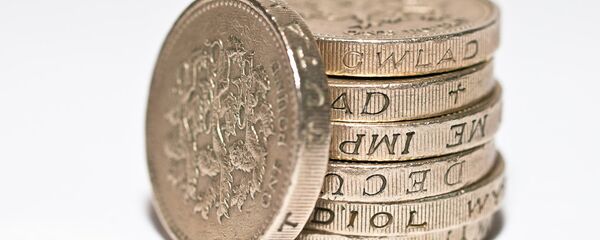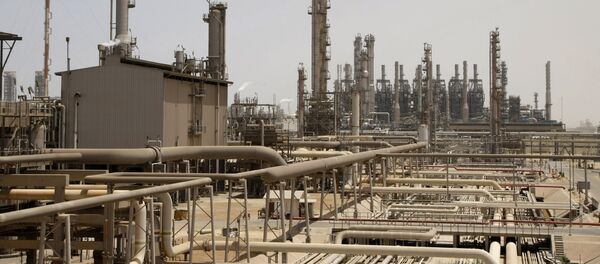Kristian Rouz – Saudi government asks the nation’s banking sector for assistance in refinancing its $10-billion international loan, as well as raising additional cash to offset debt pressures on the economy, as the international oil cuts agreement and insufficiently-high oil prices have complicated the fiscal outlook.
READ MORE: Meet the 'Gas OPEC': Summit Kicks Off in Bolivia Amid Diplomatic Tensions
According to a statement from the Saudi debt management office, the government has issued requests for proposals (RFPs) covering additional dollar-denominated bond issuance, and other types of financing. The nation’s banking sector could offset debt pressures on the Saudi government in exchange for a deeper participation in the governmental financial affairs.
"We look forward to a satisfactory conclusion of the process over the coming months," president of the debt management office Fahad al-Saif said.
A successful restructuring would also allow Saudi Arabia to strengthen its positions in global bond markets, a step towards the diversification of its financial system. Over the past four decades, the Saudi financial system was heavily reliant on the petrodollar system, but the decline in oil prices coupled with a rise in US oil production at lower breakeven rates highlighted the urgency for reforms in Saudi Arabia.
Additionally, Saudi Aramco announced earlier this month it will list 5 percent of its shares in the stock market, which is expected to become the world’s largest initial public offering (IPO) in history, exceeding the IPO of Chinese e-commerce company Alibaba almost fivefold.
Saudi private banks are also expected to take part in Aramco’s IPO.
"This is the IPO of Saudi Arabia, not just Saudi Aramco. Saudi Aramco is very tight and for something of this size in basis points terms it will be the lowest ever," an anonymous source told Reuters. "This will set a new precedent."
Two years ago, the Saudi government began issuing bonds in international markets seeking to raise cash amidst the decline in oil revenues.
READ MORE: UK Government Signs Off $2 Billion Loan to Saudi Aramco as Listing Race Heats Up
The recent increase in international financial activity is expected to help Saudi Arabia to significantly lower its dependence on oil exports and its exposure to crude prices by becoming a public-private global investment fund.
Commenting on these plans, international credit rating agency Fitch Ratings said Saudi Arabia might enjoy a sustainable influx in government revenues despite the lower oil revenue projections. Currently, some 63 percent of the Saudi fiscal revenue comes from oil, but the budget deficit is poised to narrow to 7.3 percent of GDP this year from 8.9 percent in 2017.
Turning the Saudi’s financial venture into a success is becoming the main priority for the government in fighting the budget deficit further down the road, as an increase in oil revenues is not expected anytime soon.







